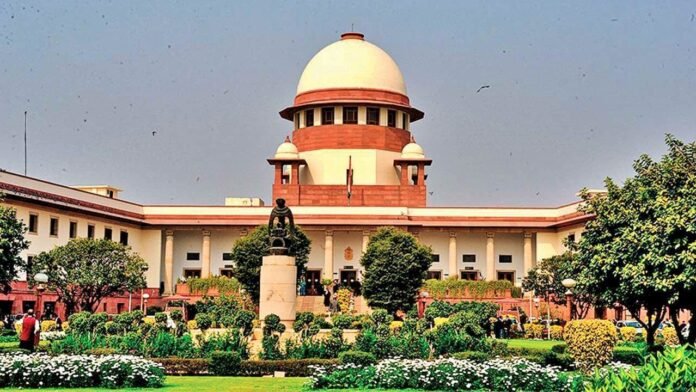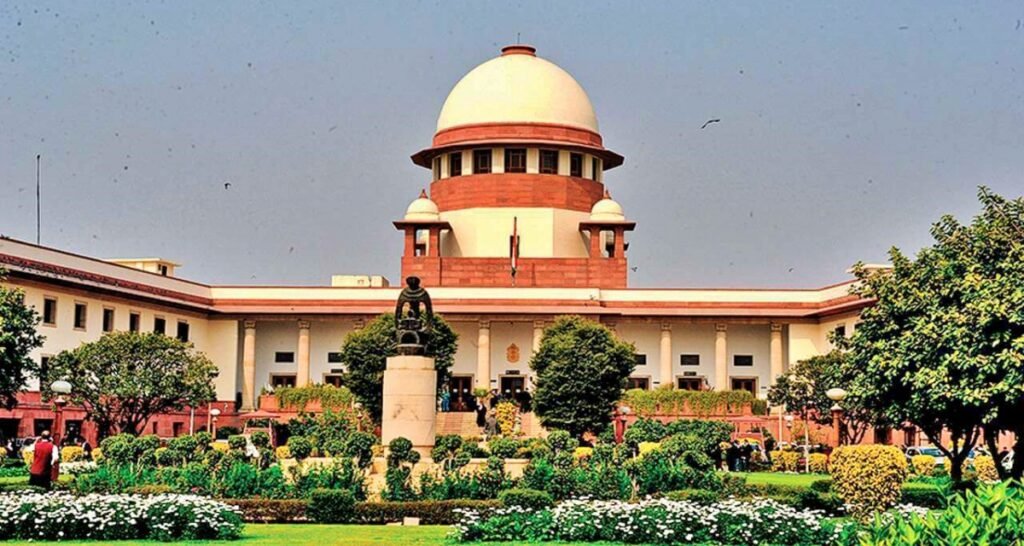
New Delhi: In a significant development, the Supreme Court Registry returned the comprehensive electoral bond data to the Election Commission (EC) on Saturday, March 16. The EC, which previously stated it lacked a copy of the data for website publication, is now mandated to upload the detailed records by 5 pm on Sunday, March 17.
The five-judge constitutional bench, led by Chief Justice DY Chandrachud, directed the registry to digitize and return the data, which spans from 2019 to 2023. The apex court’s scrutiny of electoral bonds—a financing mechanism for political parties—has intensified, with a focus on donations received up until September 2023.
The current status of the data remains ambiguous, especially in comparison to the documents made public by the EC on March 14. These documents, totaling 763 pages, were divided into two sections: purchasers of the bonds and the political parties that received them.

In a related directive, the Supreme Court had ordered the State Bank of India (SBI) to furnish bond-related information to the EC. However, SBI’s omission of the unique alphanumeric identifiers has rendered the donation amounts and recipients anonymous. This lack of transparency prompted the court to issue a notice to SBI on March 15, demanding a response by the following Monday, March 18.
The unfolding scenario raises questions about the efficacy of electoral bonds and the transparency of political funding, with the judiciary’s intervention highlighting the need for clear disclosure norms in the democratic process.






















































